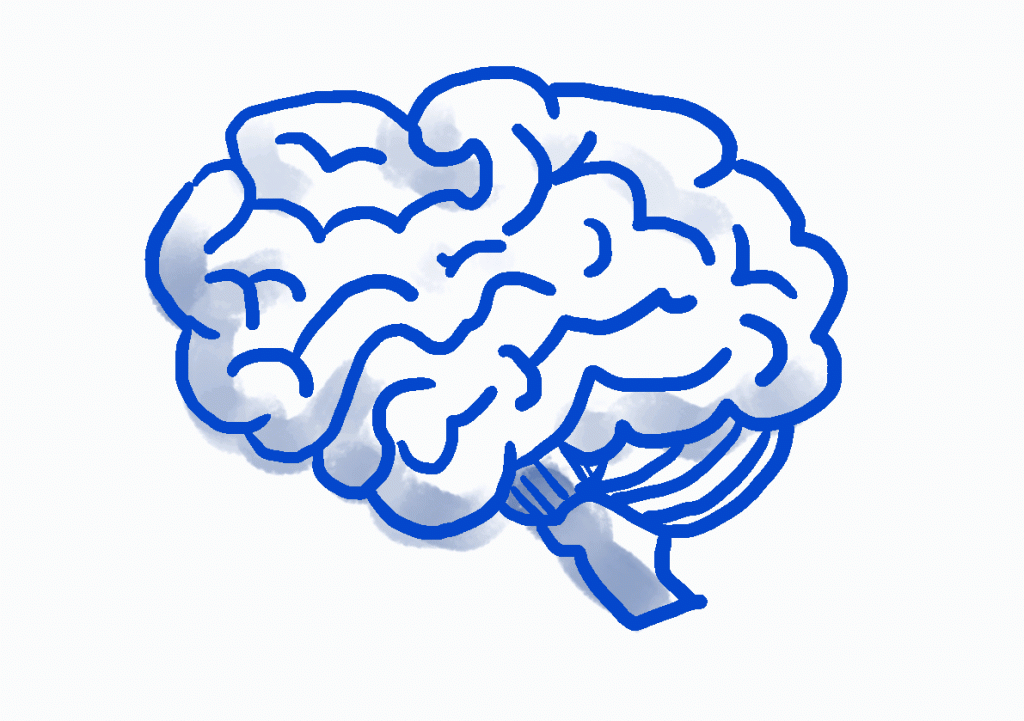In this blog, Michael Thomas, Director of the Centre for Educational Neuroscience, shares some fun facts about the brain. More explanations to be found on the website “How the Brain Works“
What is the most common misunderstanding about the brain?
That it stops being plastic when you’re older. The brain is plastic throughout the lifespan. Else you wouldn’t remember anything.
Learn more on Learning
If you were designing a brain from scratch is there anything you would do differently?
Having to take the brain off-line for a third of its operational history (during sleep) seems a bit of flaw. That’s 20-30 years lost when we could be doing something useful (though, in the dark, obviously). We need to sleep because the brain thinks with neurons, and learns with multiple neural systems. Neurons need to be metabolically refreshed during the night, and memories consolidated in brain connections. Even your phone can still be used while its recharging…
Learn more on Sleep
What feature of how the brain works is hardest to implement in artificial intelligence?
All the background knowledge that we take for granted when we’re experiencing the world and thinking about it. Researchers called this ‘context’, the expectations and knowledge we bring to every situation, about what’s likely to happen, who we’re likely to meet, what they’ll expect of us, what we’re likely to see and need to do. This is hard to implement because we’re usually not conscious of all this knowledge. Expectations make computations much simpler. Artificial intelligence that doesn’t have this human background knowledge faces much tougher computational challenges, and ends up being very narrow and inflexible in its abilities.
Learn more on Prediction
What is the most unappreciated thing our brains do?
Reach out and pick up a mug of coffee without toppling forward. Arms are heavy, you have to lean back as a counter-balance. Did you even know you were doing that?
Learn more on the Cerebellum
For more information, grab a cup of coffee / tea and visit “How the Brain Works“.


